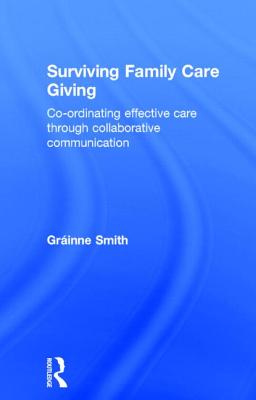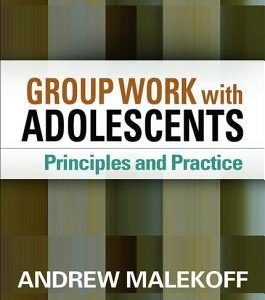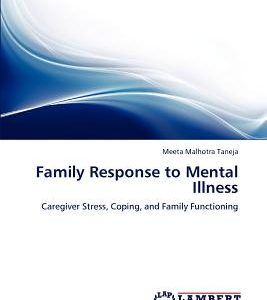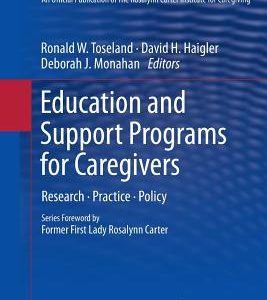Surviving Family Care Giving: Co-Ordinating Effective Care Through Collaborative Communication
$157.50
Description
Surviving Family Care Giving: Co-ordinating effective care through collaborative communication is a practical book for family and other home carers in a variety of situations. Gráinne Smith shows how to provide the most effective coordinated care possible through constructive communication and collaborative care, to support individuals who have long term physical and mental health problems, including conditions from Alzheimers to alchoholism, autism to anorexia, schizophrenia to multiple sclerosis.
Written from personal experience as a family carer, Gráinne Smith includes interviews with other carers and service users; and draws on years of working with children and their families in tough times. Chapters such as Challenging Behaviour, Confidentiality, and Motivation illustrate some of the many problems facing carers who support vulnerable individuals. Problems include isolation, feelings of helplessness and uncertainty about what best to do, what to try to avoid and the lack of much needed relevant information and resources to support care-giving.
Surviving Family Care Giving vividly illustrates the daily difficulties experienced by care givers who offer long term care and support – and shows how to work through them. It provides suggestions on ways to build both constructive collaborative care and good family teamwork through effective communication, and how to ensure continuing care and support for the person at the centre of all the efforts. This book will be essential reading for family and other carers, including professionals trying to create ongoing continuity of care for their patients outside of treatment and education centres.
Author: Smith, Grainne
Topic: Psychology
Media: Book
ISBN: 415636450
Language: English
Pages: 222
Additional information
| Weight | 0.85 lbs |
|---|---|
| Dimensions | 8.6 × 5.6 × 0.7 in |















Reviews
There are no reviews yet.